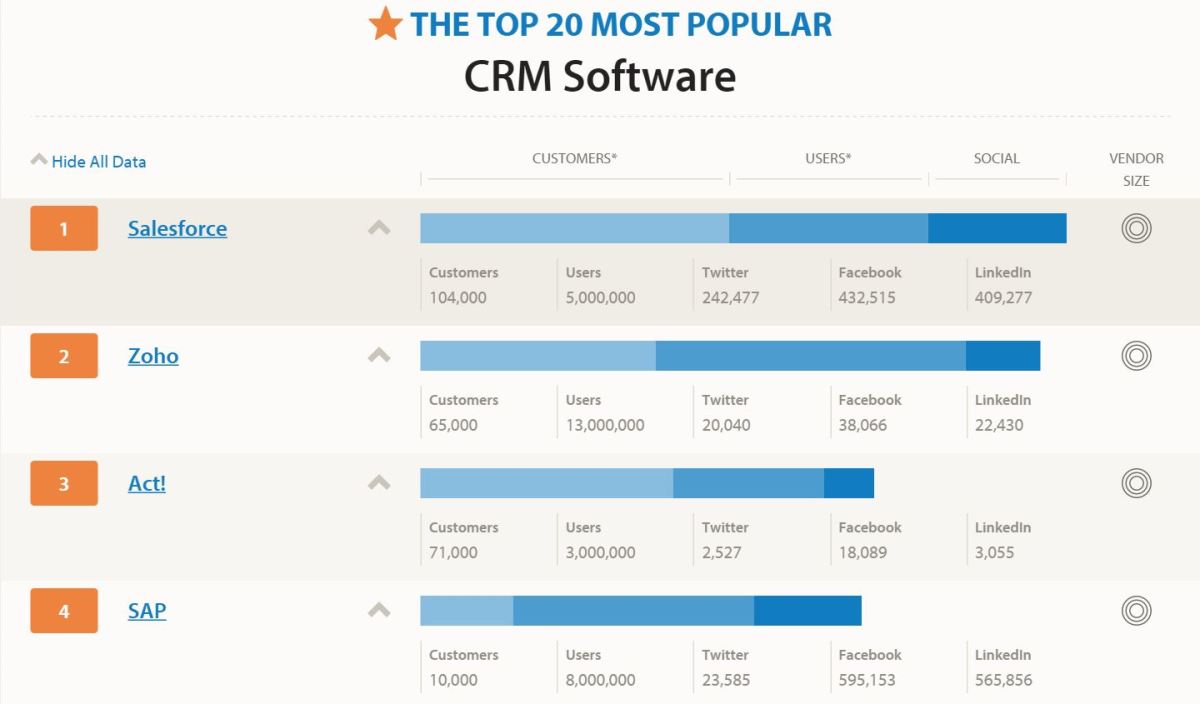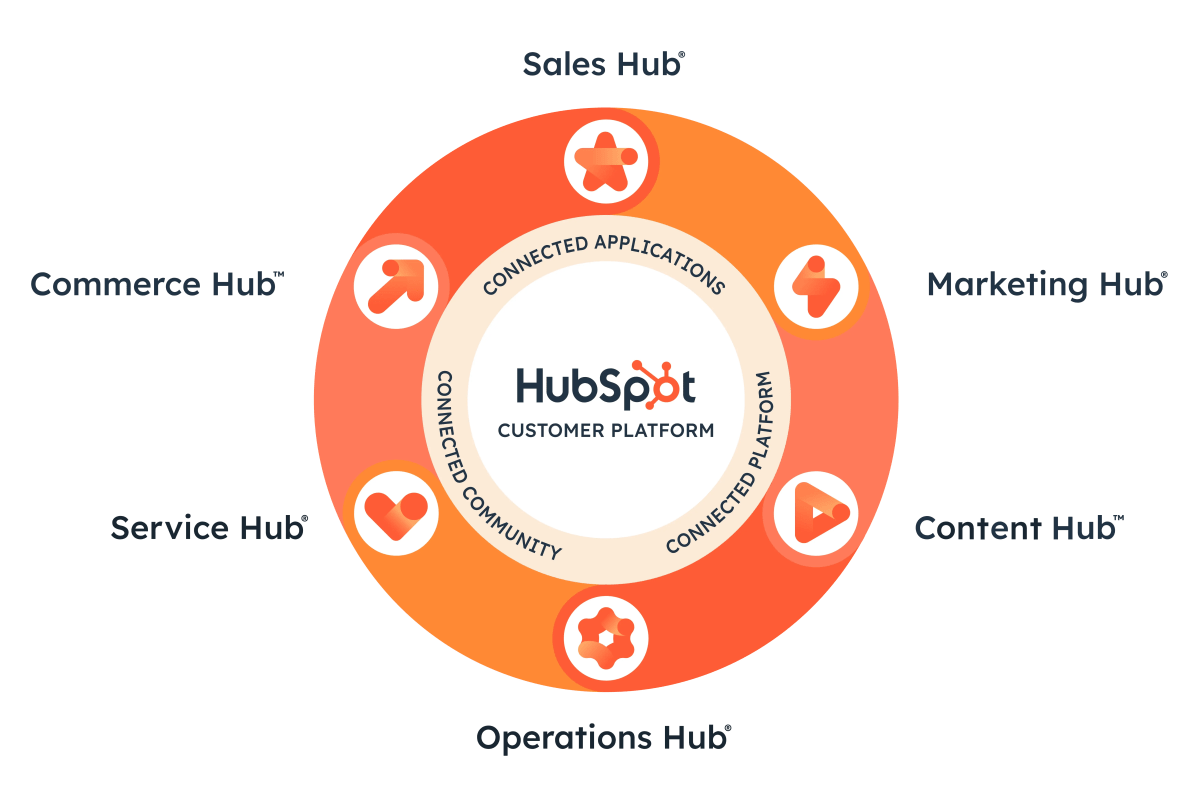Salesforce CRM Pricing: 7 Shocking Truths You Must Know in 2024
Thinking about adopting Salesforce CRM but overwhelmed by the pricing? You’re not alone. With multiple editions, add-ons, and hidden costs, Salesforce CRM pricing can be a maze. Let’s break it down—clearly, honestly, and in plain English.
Salesforce CRM Pricing: The Big Picture

When you first look up Salesforce CRM pricing, you’ll notice the company doesn’t list exact prices on its website. Instead, it pushes visitors toward a free trial or a sales consultation. This lack of transparency is intentional—Salesforce tailors its pricing based on company size, industry, number of users, and required features. But that doesn’t mean you can’t get a realistic idea of what you’ll pay.
Why Salesforce Doesn’t List Public Prices
Salesforce operates on a highly customizable model. Unlike off-the-shelf software, Salesforce CRM is designed to scale with your business. This means pricing isn’t one-size-fits-all. The company uses a consultative sales approach to assess your needs and recommend the right edition and add-ons.
- Salesforce targets enterprise-level clients where customization is key.
- Public pricing could limit upselling opportunities.
- Different regions and industries have varying pricing structures.
“Salesforce doesn’t sell software; it sells transformation.” — Industry Analyst, Gartner
Estimated Price Range for Each Edition
While exact figures require a quote, Salesforce does provide starting prices for its main CRM editions. These are per user, per month, billed annually:
- Salesforce Essentials: $25/user/month
- Sales Cloud Professional: $75/user/month
- Sales Cloud Enterprise: $150/user/month
- Sales Cloud Unlimited: $300/user/month
- Service Cloud Professional: $100/user/month
- Service Cloud Enterprise: $180/user/month
Keep in mind, these are base prices. Add-ons like Einstein AI, Marketing Cloud, or CPQ can double or even triple your total cost.
Breaking Down Salesforce CRM Pricing by Edition
To truly understand Salesforce CRM pricing, you need to compare the features and value of each edition. Let’s dive into the most popular options and what you get for your money.
Salesforce Essentials: For Small Businesses
Salesforce Essentials is the entry-level CRM, designed for small teams of up to 10 users. It’s simple, mobile-friendly, and includes basic sales automation.
- Lead and opportunity management
- Email integration with Gmail and Outlook
- Mobile app access
- Basic reporting
- 3,000 API calls per 24 hours
While affordable, Essentials lacks advanced features like workflow automation, custom objects, and multi-currency support. It’s ideal for startups but can become limiting as you grow. Learn more about its capabilities at Salesforce Essentials.
Sales Cloud Professional vs. Enterprise
Sales Cloud is the backbone of Salesforce’s CRM offerings. The Professional edition is popular among mid-sized businesses, while Enterprise is for larger organizations needing customization.
- Professional Edition: Includes workflow rules, approval processes, and territory management.
- Enterprise Edition: Adds full API access, sandbox environments, and advanced customization.
The jump from Professional to Enterprise is significant—not just in price, but in control. Enterprise allows developers to build custom apps, modify page layouts, and integrate with external systems. For many companies, this flexibility justifies the $150/user/month cost.
Service Cloud and Marketing Cloud Add-Ons
Salesforce CRM pricing doesn’t stop at Sales Cloud. If you need customer service or marketing automation, you’ll need to add Service Cloud or Marketing Cloud.
- Service Cloud Professional: $100/user/month. Includes case management, knowledge base, and omnichannel routing.
- Marketing Cloud: Starts at $400/month for small businesses, but can exceed $1,000/month for enterprise plans.
Marketing Cloud is especially complex—it’s not just email marketing. It includes journey builder, audience segmentation, social media engagement, and AI-powered analytics. Pricing is often based on the number of contacts and email sends. Explore more at Salesforce Marketing Cloud.
Hidden Costs in Salesforce CRM Pricing
The sticker price is just the beginning. Many companies are shocked when they see their final invoice. Here are the most common hidden costs in Salesforce CRM pricing.
Implementation and Onboarding Fees
Setting up Salesforce isn’t plug-and-play. You’ll likely need consultants or a partner to migrate data, configure workflows, and train users. Implementation costs can range from $5,000 for small teams to over $100,000 for enterprise deployments.
- Data migration from legacy systems
- Custom field and object setup
- User training and change management
Some companies try to cut costs by doing it in-house, but this often leads to poor adoption and wasted licenses.
Customization and Development Costs
If you need custom apps, integrations, or automation, you’ll need developers. Salesforce uses Apex (a Java-like language) and Lightning Web Components. Hiring a certified Salesforce developer can cost $100–$200/hour.
Salesforce CRM pricing – Salesforce CRM pricing menjadi aspek penting yang dibahas di sini.
- Custom dashboards and reports
- Third-party integrations (e.g., ERP, accounting software)
- Automated workflows using Process Builder or Flow
Even minor changes can add up. A simple automation might take 10 hours—$1,500 in labor. Over time, customization can exceed the cost of licenses.
AppExchange Add-Ons and Licensing
Salesforce’s AppExchange hosts over 5,000 apps. While some are free, many are paid—and they’re billed per user, per month.
- DocuSign for Salesforce: $15/user/month
- RingCentral for Salesforce: $20/user/month
- FinancialForce Accounting: $100+/user/month
It’s easy to add a few apps “just in case,” but those costs compound quickly. A team of 50 users with five paid apps could add $75,000/year in extra fees.
Salesforce CRM Pricing for Different Business Sizes
Your company’s size and structure play a huge role in determining the right Salesforce edition—and the final price.
Small Businesses (1–25 Users)
For small teams, Salesforce Essentials or Sales Cloud Professional are the most realistic options.
- Essentials: $25/user/month. Best for startups with simple sales processes.
- Sales Cloud Professional: $75/user/month. Better for teams needing automation and reporting.
Example: A 10-person sales team on Professional edition pays $9,000/year in licenses. Add $5,000 for implementation, and the first-year cost is $14,000.
Mid-Sized Companies (26–250 Users)
Mid-sized businesses often need Enterprise edition for customization and integration.
- Full API access for connecting to other systems
- Sandbox environments for testing changes
- Advanced security and compliance features
With 100 users on Sales Cloud Enterprise ($150/user/month), annual licensing is $180,000. Implementation could cost $30,000–$50,000. Total first-year cost: $210,000–$230,000.
Enterprise Organizations (250+ Users)
Large enterprises use Unlimited edition or custom contracts with volume discounts.
- Unlimited edition includes 24/7 support, additional sandboxes, and premium onboarding.
- Negotiated contracts can reduce per-user costs by 20–40%.
- Often bundled with Marketing Cloud, Service Cloud, and Commerce Cloud.
Despite discounts, total cost of ownership (TCO) can exceed $1 million over three years. But for global companies, the ROI in sales efficiency and customer insights can justify the investment.
How to Reduce Salesforce CRM Pricing Costs
You don’t have to pay full price. There are smart ways to reduce Salesforce CRM pricing without sacrificing functionality.
Negotiate Your Contract
Salesforce expects you to negotiate. Especially for teams over 50 users, you can secure discounts, free training, or extended sandboxes.
- Ask for multi-year commitments (e.g., 3-year contract for 15–20% off)
- Request free user licenses (e.g., 5% free for internal teams)
- Bundled editions often cost less than buying separately
Pro tip: Bring a competing quote (e.g., from HubSpot or Microsoft Dynamics) to strengthen your position.
Optimize User Licenses
Many companies waste money on unused or over-licensed users. Not everyone needs Enterprise edition.
- Use Chatter Free or Lightning Platform Starter for employees who only need read-only access.
- Reassign licenses from departed employees immediately.
- Conduct quarterly license audits.
One client reduced their annual bill by $42,000 just by downgrading 30 users from Enterprise to Professional.
Leverage Free Tools and Communities
Salesforce offers free resources that can reduce reliance on paid consultants.
Salesforce CRM pricing – Salesforce CRM pricing menjadi aspek penting yang dibahas di sini.
- Trailhead: Free online learning platform with certifications.
- Trailhead Playground: Free sandbox environments for practice.
- Success Community: Peer support from 2 million+ users.
Training your team on Trailhead can save thousands in onboarding costs. Visit Trailhead to get started.
Salesforce CRM Pricing vs. Competitors
Is Salesforce worth the premium? Let’s compare it to top alternatives.
HubSpot CRM: The Affordable Alternative
HubSpot offers a free CRM with robust features. Paid tiers start at $20/user/month for the Professional package.
- Free plan includes contact management, email tracking, and deal pipelines.
- Integrates with HubSpot’s marketing and service hubs.
- Less complex than Salesforce—easier to adopt.
However, HubSpot lacks the depth of customization and scalability that Salesforce offers. For fast-growing companies, it may become limiting.
Microsoft Dynamics 365: The Enterprise Rival
Dynamics 365 is Salesforce’s closest competitor in the enterprise space.
- Sales Enterprise edition: $95/user/month
- Customer Service Enterprise: $135/user/month
- Tighter integration with Microsoft 365 and Azure
Dynamics is often cheaper than Salesforce and easier to use for Microsoft-centric organizations. But Salesforce still leads in AI, AppExchange ecosystem, and third-party integrations.
Zoho CRM: The Budget-Friendly Option
Zoho CRM starts at $14/user/month (billed annually) for the Standard plan.
- Excellent value for small to mid-sized businesses.
- Includes AI assistant (Zia), workflow automation, and multichannel support.
- Can scale to enterprise needs with Zoho One ($37/user/month).
Zoho is a strong contender if you’re cost-sensitive. But it doesn’t have Salesforce’s brand reputation or ecosystem maturity.
Future Trends in Salesforce CRM Pricing
Salesforce is constantly evolving. Here’s what’s coming that could impact pricing.
AI and Einstein GPT: The Next Cost Driver
Salesforce is embedding AI deeply into its platform. Einstein GPT generates automated emails, predicts deal closures, and summarizes customer interactions.
- Currently included in some Enterprise and Unlimited editions.
- Future pricing may charge per AI interaction or data volume.
- Could become a separate add-on, like Marketing Cloud.
AI will add value, but it may also add cost. Companies should prepare for new pricing models based on usage, not just users.
Subscription Bundling and Industry Clouds
Salesforce is pushing “Industry Clouds”—pre-built solutions for healthcare, financial services, and retail.
- These bundles combine CRM, analytics, and compliance tools.
- Priced as a single subscription, but often at a premium.
- Reduces implementation time but limits flexibility.
Bundling could simplify pricing but may lock customers into higher-tier plans.
Usage-Based Pricing Models
Salesforce may shift toward usage-based pricing, similar to AWS or Google Cloud.
- Pay for API calls, data storage, or AI queries instead of per user.
- Better for companies with fluctuating workloads.
- Could lower costs for small teams but increase them for high-volume users.
This would be a major shift in Salesforce CRM pricing—but one that aligns with modern SaaS trends.
Real-World Salesforce CRM Pricing Examples
Let’s look at actual scenarios to understand how Salesforce CRM pricing plays out in practice.
Salesforce CRM pricing – Salesforce CRM pricing menjadi aspek penting yang dibahas di sini.
Startup with 15 Sales Reps
A tech startup chooses Sales Cloud Professional at $75/user/month.
- Licensing: 15 users × $75 × 12 = $13,500/year
- Implementation: $7,000 (data migration, training)
- AppExchange: $300/month for email tracking tool = $3,600/year
- Total Year 1 Cost: $24,100
They considered Essentials but needed workflow automation—justifying the upgrade.
Mid-Sized Retailer with 120 Employees
A retail chain uses Sales Cloud Enterprise and Service Cloud Professional.
- Sales Cloud: 80 users × $150 = $144,000/year
- Service Cloud: 40 users × $100 = $48,000/year
- Implementation: $40,000
- Custom development: $25,000
- Total Year 1 Cost: $257,000
They negotiated a 10% discount on licensing and received two free sandboxes.
Global Bank with 1,000 Users
A multinational bank uses Unlimited edition with Marketing Cloud and Einstein AI.
- Unlimited edition: ~$300/user/month (negotiated down from $350)
- Marketing Cloud: $50,000/year (based on email volume)
- Implementation: $150,000
- Annual licensing: 1,000 × $300 × 12 = $3.6 million
- Total Year 1 Cost: ~$3.8 million
Despite the high cost, the bank reports a 30% increase in lead conversion and $12 million in incremental revenue.
What is the starting price for Salesforce CRM?
The starting price for Salesforce CRM is $25 per user per month for Salesforce Essentials. However, most businesses end up on Sales Cloud Professional at $75/user/month or higher, depending on their needs.
Is Salesforce CRM worth the cost?
For businesses that need scalability, customization, and deep integrations, Salesforce CRM is often worth the investment. The ROI comes from improved sales efficiency, better customer insights, and automation. However, small businesses with simple needs may find more affordable alternatives like HubSpot or Zoho.
Can you negotiate Salesforce pricing?
Yes, Salesforce pricing is highly negotiable, especially for teams over 50 users. You can secure discounts, free licenses, and added services like training or sandboxes by negotiating multi-year contracts or bundling products.
What are the biggest hidden costs in Salesforce CRM pricing?
The biggest hidden costs include implementation fees ($5,000–$100,000+), custom development ($100–$200/hour), AppExchange subscriptions, and ongoing training. Many companies underestimate these and end up with a total cost of ownership 2–3x higher than the license fee.
Does Salesforce offer a free version?
Salesforce does not offer a free CRM for businesses, but it provides free tools like Trailhead (learning platform), Trailhead Playground (sandbox environment), and Chatter Free (collaboration tool). These can be used to learn and test Salesforce without paying for licenses.
Salesforce CRM pricing – Salesforce CRM pricing menjadi aspek penting yang dibahas di sini.
Understanding Salesforce CRM pricing isn’t just about the monthly fee per user. It’s about the total cost of ownership, the value of customization, and the long-term ROI. While Salesforce is one of the most expensive CRMs on the market, its flexibility, ecosystem, and innovation make it a leader for businesses ready to scale. By planning carefully, negotiating wisely, and avoiding common pitfalls, you can make Salesforce work for your budget—and your growth.
Further Reading:


